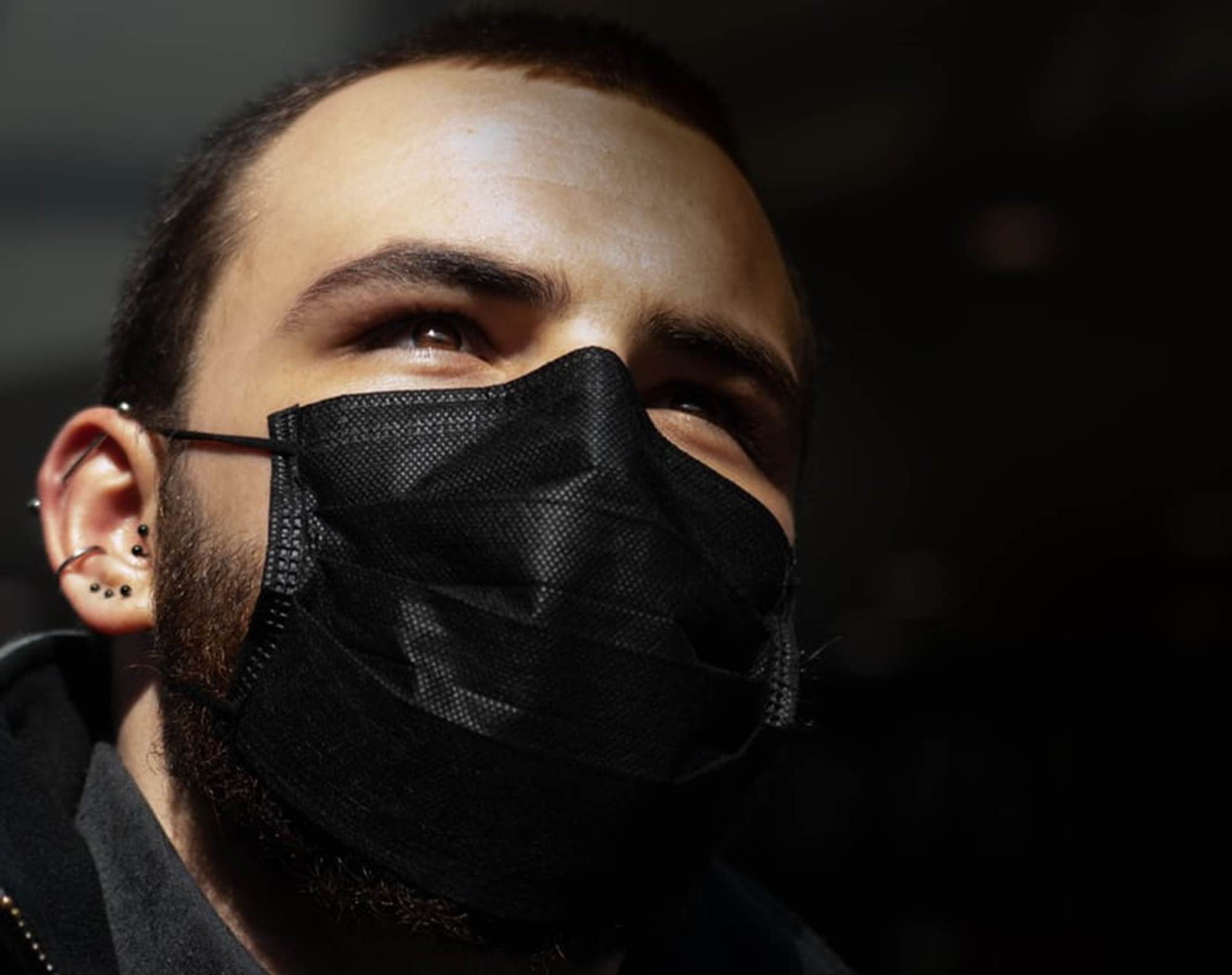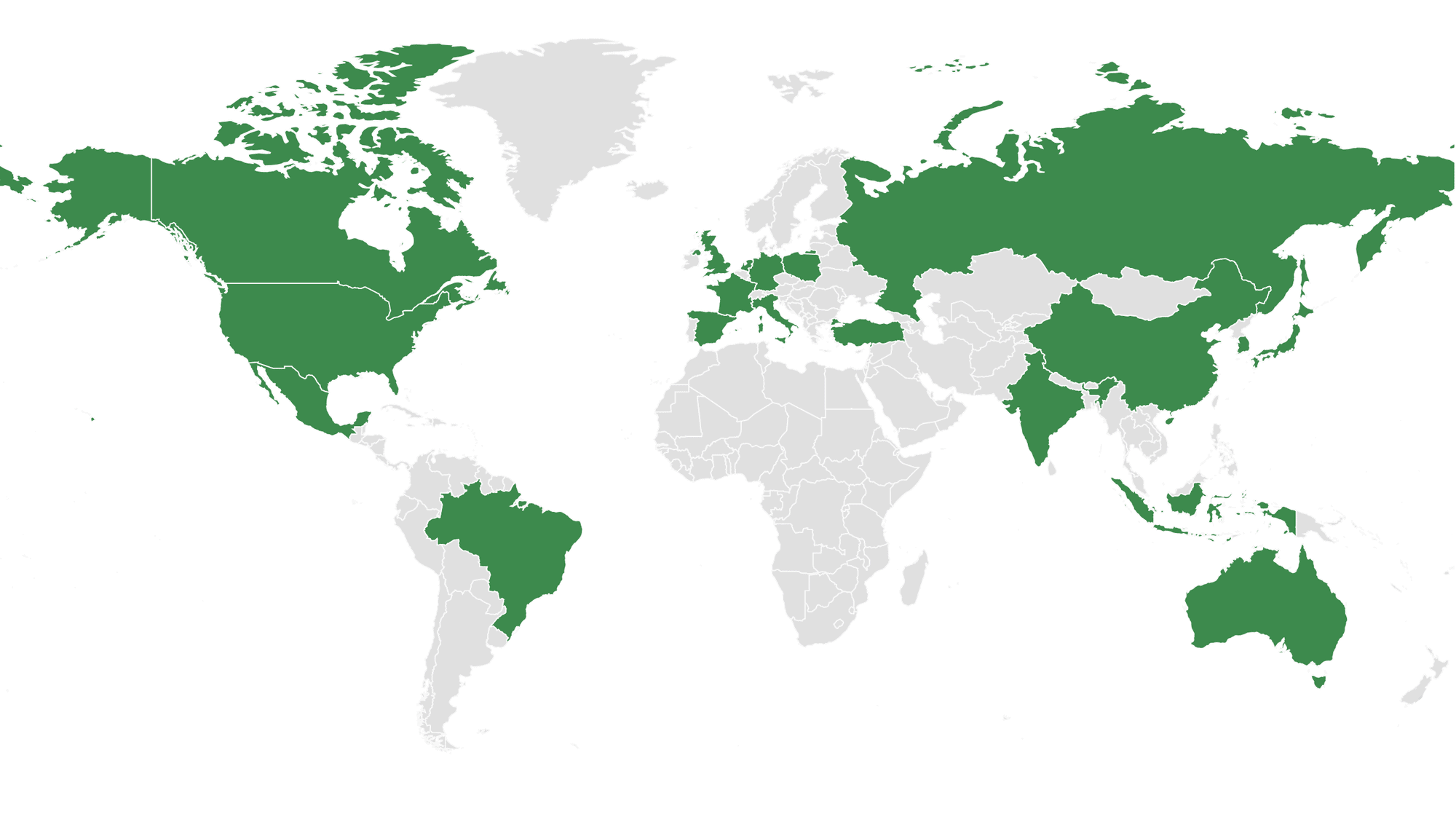COVID-19 and Prisons
While the coronavirus pandemic looms large across the world, it poses a dire and acute threat to the most vulnerable members of our society. People in prisons and other custodial settings live in a closed and often unhygienic conditions that facilitate transmission of diseases.
People in custody also have a greater underlying burden of disease and worse health conditions than the general population. All these factors make people living in prison more susceptible to infections.
Prisons do not exist in a vacuum: thousands of staff and prisoners enter and exit these establishments every day. With this level of churn, it is difficult to prevent spread from communities into prisons and detention centres and vice versa.
We are collecting data, resources and stories on COVID-19 in prisons
and will offer analysis to better understand how coronavirus is impacting prisoners,
particularly those from Black, Asian and minority ethnic backgrounds,
including Gypsy, Roma and Traveller communities.
Detention facilities are not adapted to face large-scale epidemics. Social distancing, one of the most effective ways to prevent the spread of the virus, is often impossible behind bars.
As noted by the World Health Organization, local efforts to control COVID-19 are likely to fail if authorities do not adopt strong measures in prisons and other places of detention. However, taking such necessary measures to protect prisoners during the pandemic should still comply with international standards and norms.
Authorities should also ensure that during the COVID-19 pandemic the human rights of all prisoners and detainees are upheld and any restrictions imposed on them are non-discriminatory, necessary, proportionate, time-limited and transparent.
Covid-19 and Prisons in England and Wales
Updates from the Her Majesty's Prison and Probation Service
Confirmed COVID-19 Cases and COVID-19 Suspected Deaths
Number of prisoners
Source: HM Prison and Probation Service
* HMPPS (28th Feb 2021) Prisoners who have died having tested positive within 28 days of death or where it was confirmed post mortem.
COVID-19 Cases by Ethnicity (10 July 2020)
PERCENTAGE
Source: HM Prison and Probation Service
Prison Population by Ethnicity (March 2019)
Number of Prisoners
Source: HM Prison and Probation Service
Covid-19 Related Deaths by Ethnicity (10 July 2020)
Number of Prisoners
Source: HM Prison and Probation Service
COVID-19 Confirmed Cases by Gender (10 July 2020)
Percentage
Number of Prisoners
Source: HM Prison and Probation Service
* We use the term BAME to refer to communities with shared languages, cultures, religions, and practices including Gypsy, Roma and Irish Travellers. This is consistent with the terminology used in the Lammy review, by criminal justice agencies and most stakeholders that work in or around the criminal justice system. However, we recognise that this shorthand does not sufficiently reflect the diversity of those who would fall under this umbrella label.
Lockdown in Prisons
Personal Stories of Prisoners and Families
We asked prisoners, prison leavers and families to reflect on how the pandemic and the lockdown in prisons have impacted them. These stories bring us behind prison walls and into emotional lives of these individuals.

My experience of the lockdown in prison? I don’t even know where to start with this.
In the begening it was just fear, we all were scared, including staff. I did not think I would make it. I was so scared to get Covid that I did not even want to get out of the cell but you have no choice with showers and laundry.
I was missing my family more than ever, maybe because we were told all visits are cancelled without any guarantees.
Then things changed. Lockdown was gone for people outside but we still were in lockdown. It was hard watching a different reality on TV, people visiting seaside and parks whilst we only had ten minutes out. But do you know what the hardest thing was? Living in the unknown. What will happen? Why? How? I wish somebody had made an attempt to explain, just to talk to us. Feeling powerless was killing too.
Harisson, Prison Leaver
Phone
0207 443 5551
Address
Hampstead Town Hall, 213 Haverstock Hill, London, NW3 4QP
Follow us
Charity No: 1127834 | Company limited No: 6652052 | © 2020 Zahid Mubarek Trust
Disclaimer | Privacy Policy | Designed by Lewis Edward

